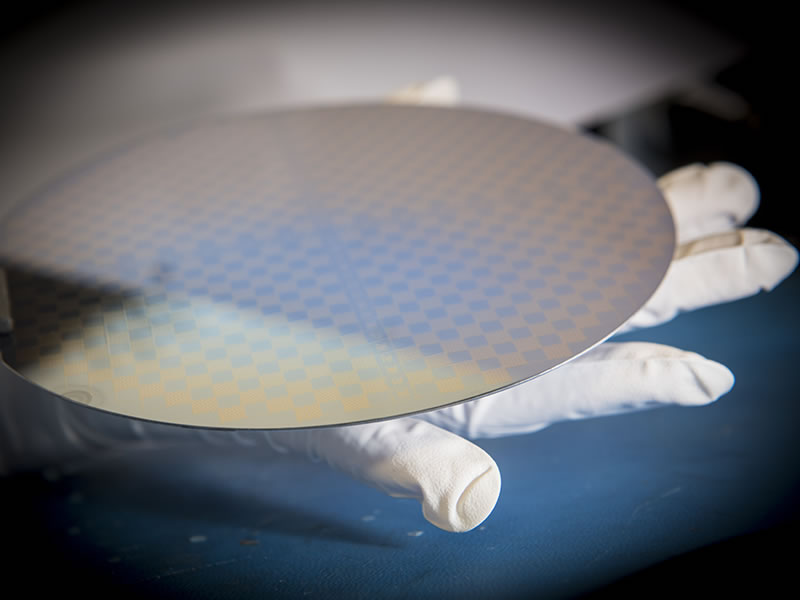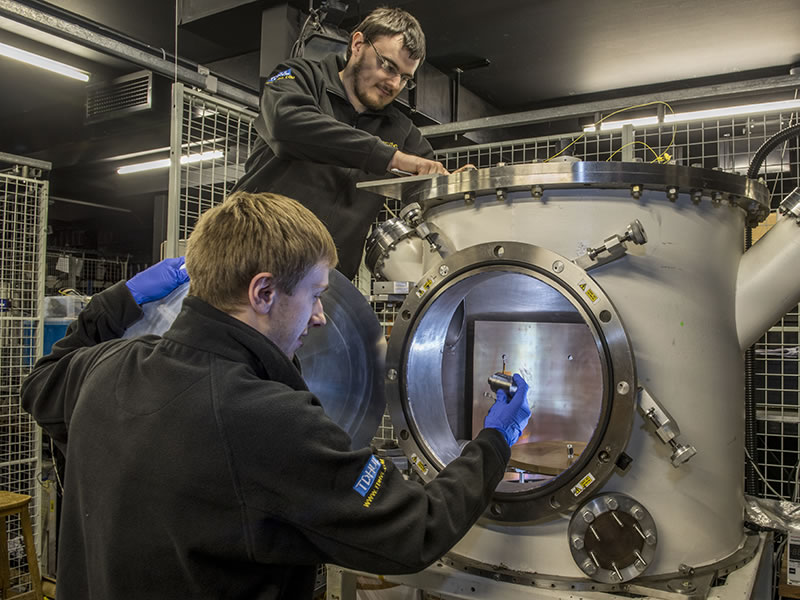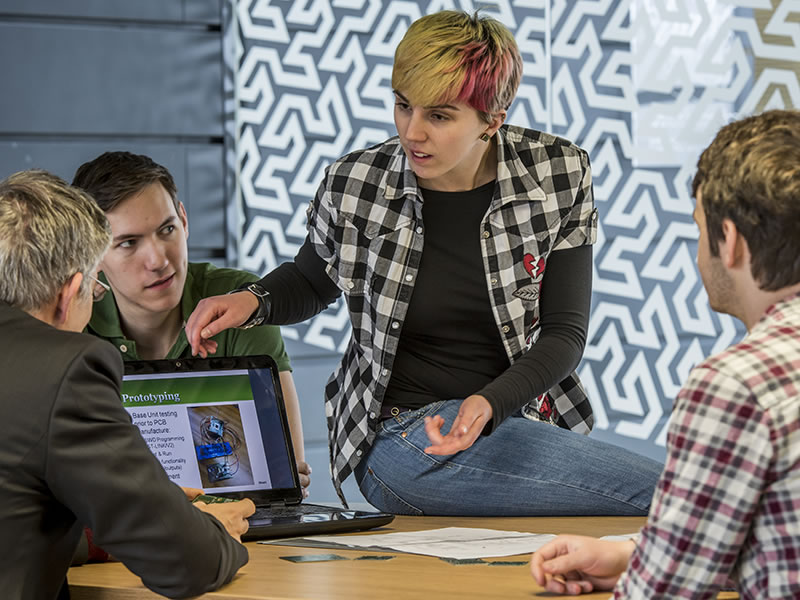
Other University of Southampton sites
node type subcontent_other_qualifications has no template


Postgraduate taught degrees

Undergraduate degrees
Create your future with degrees developed and taught by world leading experts within ECS
Supercomputer
The team, led by Professor Simon Cox, consisted of Richard Boardman, Andy Everett, Steven Johnston, Gereon Kaiping, Neil O'Brien, Mark Scott and Oz Parchment, along with Professor Cox's son James Cox (aged 6) who provided support on Lego and testing
watch our YouTube video